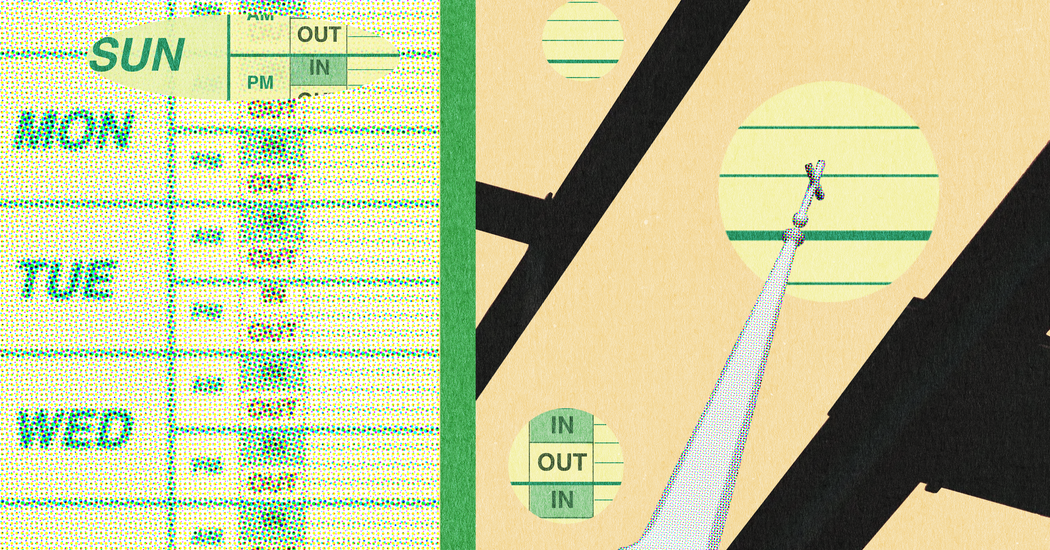Critique of a design challenge to the rule of law in Creative v. Elenis: A bold campaign to stop discriminating against sex/sexuality
The court plans to hear about a particular topic this term. A Colorado web designer wants to refuse to do business with same sex couples based on her religious beliefs. An brief filed by Christian and Jewish groups argued that the designer petition would harm people of faith and they should not be allowed to do things that conflict with their faith. Legal watchdogs point out that the owner of a company has a right to free speech, not religious rights, which is why the court agreed to consider the case in this way. The legal strategy behind 303 Creative v. Elenis was crafted by the Alliance Defending Freedom.
A statement of facts said that the man who brought his case to the attention of the justices was an evangelical Christian within the Protestant tradition. The court’s decision on him later this term won’t be in favor of minority rights. It will instead signify the court’s complete identification with the movement in the country’s politics to elevate religion over all other elements of civil society.
It takes votes from four justices to grant a case, and it is not surprising that this determined troika found a fourth and sixth as well. Mr. Groff’s petition, filed in August, even describes Trans World Airlines v. Hardison as an “egregious error,” as if to remind Justice Alito of the words “egregiously wrong” he used to describe Roe v. Wade in his Dobbs opinion overruling that decision two months earlier.
The moment is remarkable for the bold activism the court is about to display. Justices used to respect stare decisis, the principle of adherence to precedent, and thought that decisions that were interpreted differently than those of the Constitution should be harder to overturn. That may seem counterintuitive at first glance, but the reasoning went like this: Only the Supreme Court can issue a definitive constitutional interpretation, so only the court can revisit a constitutional precedent if the justices later perceive a problem with it. Congress has the final say on the meaning of a federal law and the court should stay out of it.
The Congress has refused over the years to revisit the meaning ofundue hardship, which is something the justices want to revisit on their own. That was certainly the view expressed by Justices Gorsuch and Alito two years ago in dissent from the court’s decision not to hear an earlier case challenging the 1977 precedent. The two wrote that there was no barrier to their review and they were not responsible for it. “The only mistake here is of the court’s own making — and it is past time for the court to correct it.”
The plaintiff in that case, Jason Small, was a Jehovah’s Witness. In two other cases the court has turned down in the past few years, the employees seeking religious accommodations were Seventh-day Adventists. The religious-accommodation provision of Title VII — a foundational civil rights law that prohibits employment discrimination on the basis of race and sex as well as religion — has long been understood to protect adherents of just such minority faiths. A friend of the court brief filed in the new case by scholars of religion and employment law on behalf of Mr. Groff argues that the provision, properly interpreted, furthers constitutional values by making sure that followers of underrepresented faiths may worship in their own way “without putting their job at risk, to the same extent as adherents of more familiar faiths that are less often burdened by employers.”
Whether or not the Supreme Court is helping to lead that movement will be beside the point by now. I have written before that there was no other way to understand the overturn of the abortion law than through the lens of religion. The endpoint of this project is not yet in view. Those on board are only left to watch, try to understand and call the court out when needed.
